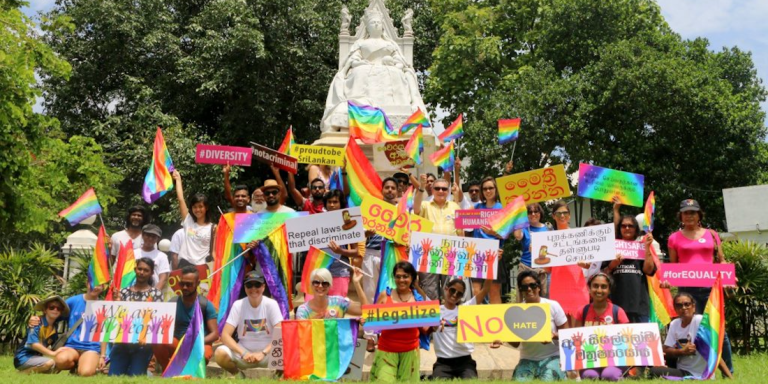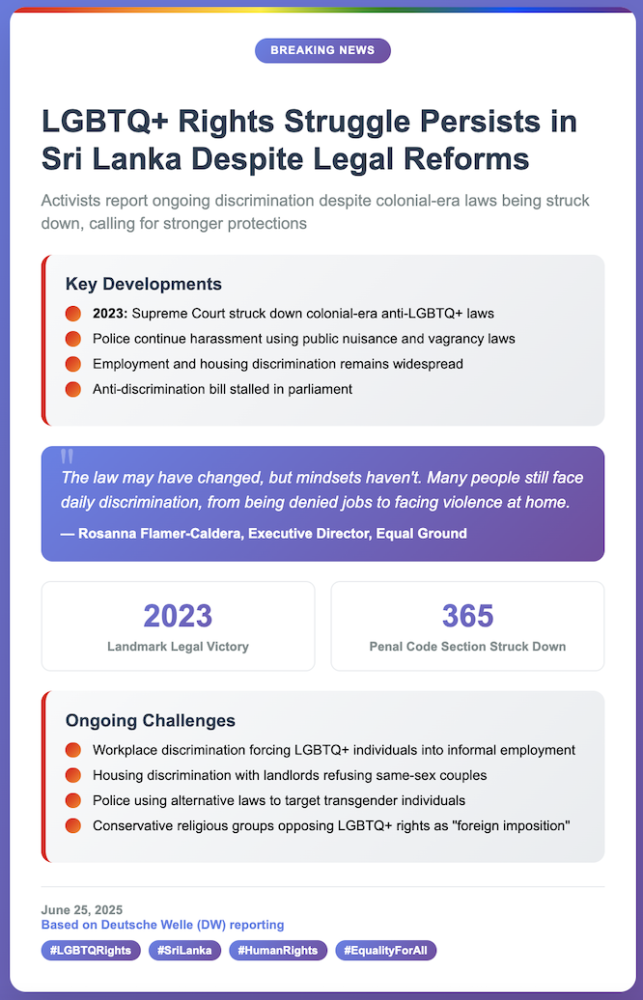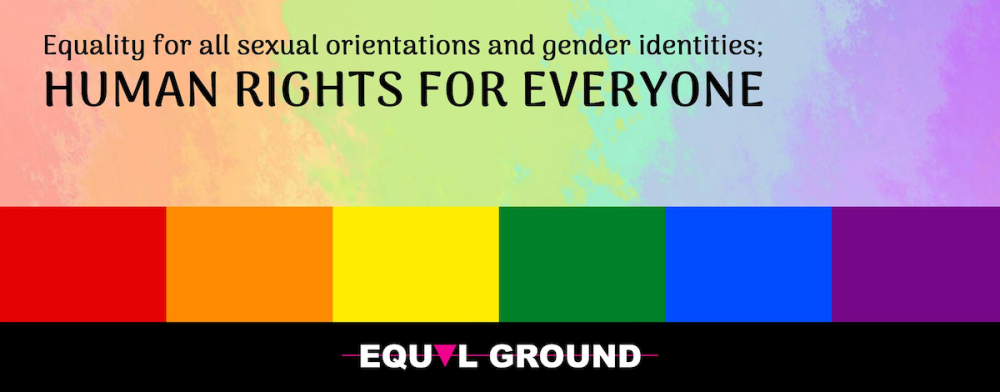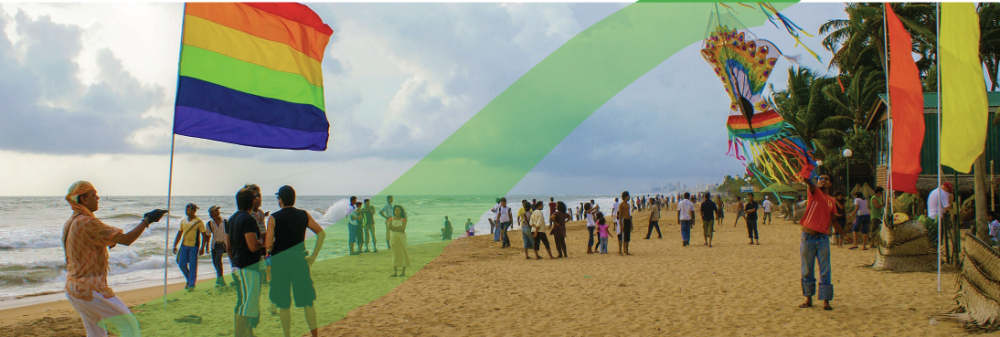

Activists report ongoing discrimination despite colonial-era laws being struck down, calling for stronger protections.
New York, N.Y. – Despite a landmark ruling in 2023 that struck down Sri Lanka’s colonial-era anti-LGBTQ+ laws, discrimination against the community persists, according to a report by Deutsche Welle (DW).
While the legal victory was celebrated as a step forward, activists say societal stigma, workplace bias, and police harassment continue to marginalize LGBTQ+ individuals.

Colonial-Era Laws Struck Down, But Bias Remains
“The law may have changed, but mindsets haven’t,” said Rosanna Flamer-Caldera, executive director of Equal Ground, a Sri Lankan LGBTQ+ advocacy group.
“Many people still face daily discrimination, from being denied jobs to facing violence at home.”
Police Harassment and Lack of Legal Protections
Although Section 365 of Sri Lanka’s Penal Code, which criminalized same-sex relations, was effectively nullified by the Sri Lankan Supreme Court, police still use other vague laws to target LGBTQ+ individuals.
Authorities often invoke public nuisance ordinances or vagrancy laws to detain transgender people and gay men, rights groups report.
“Police will arrest us for ‘looking suspicious’ or accuse us of soliciting,” said Anjali, a transgender activist in Colombo who asked to use a pseudonym for safety. “Even though the old law is gone, they find other ways to harass us.”
Employment and Housing Discrimination Widespread
Finding stable employment remains a major challenge for many in the LGBTQ+ community, particularly transgender individuals. Employers often refuse to hire openly queer candidates, forcing many into informal or exploitative work.
“I was fired from a retail job when my boss found out I was gay,” said Dinesh, a 28-year-old from Kandy. “There’s no law protecting me, so I had no recourse.”
Housing discrimination is also rampant, with landlords refusing to rent to same-sex couples or transgender tenants. Activists say the lack of anti-discrimination laws leaves LGBTQ+ Sri Lankans vulnerable.

Government Inaction and Activist Pushback
While the Sri Lankan government has pledged to improve human rights, activists say little has been done to enforce protections.

A proposed anti-discrimination bill has stalled in parliament, leaving the community without legal safeguards.
“The government talks about equality, but their actions don’t match their words,” said Flamer-Caldera. “We need concrete policies, not just promises.”
International organizations, including the U.N. and Human Rights Watch, have urged Sri Lanka to adopt comprehensive reforms.
However, conservative religious group–primarily Buddhist–have pushed back, framing LGBTQ+ rights as a foreign imposition.
Hope Amidst the Struggle
Despite the challenges, LGBTQ+ activists in Sri Lanka remain determined.
Grassroots organizations provide legal aid, mental health support, and safe spaces for the community. Social media has also become a vital tool for advocacy, helping to shift public opinion, particularly among younger generations.
“Change is slow, but it’s happening,” said Anjali. “We won’t stop fighting until we’re truly free.”
LGBTQ+ Rights Struggle Persists in Sri Lanka Despite Reforms (June 25. 2025)
#LGBTQRights #SriLanka #HumanRights #EqualityForAll #EndDiscrimination
Tags: LGBTQ+ rights, Sri Lanka, discrimination, human rights, activism, legal reform
